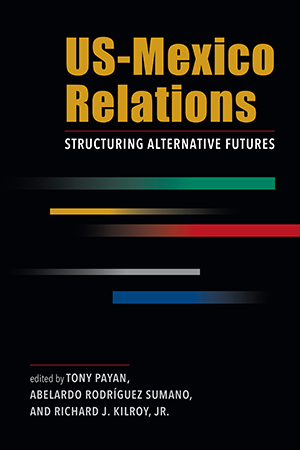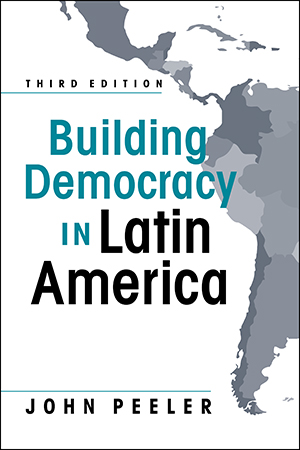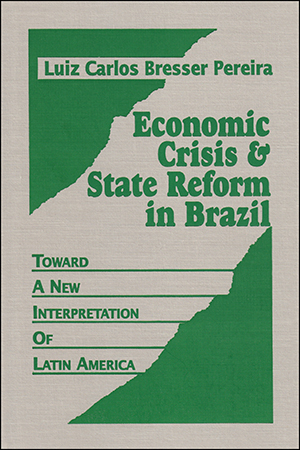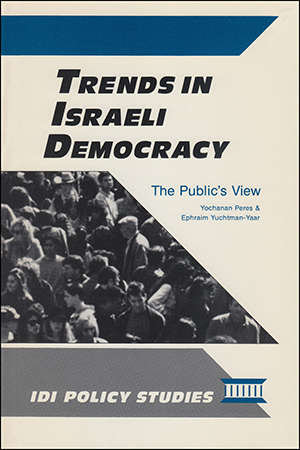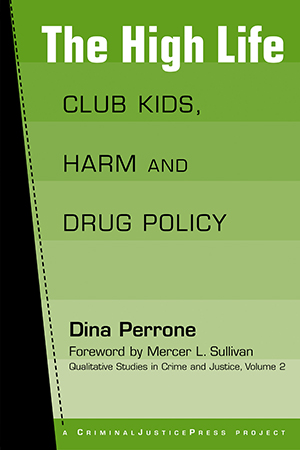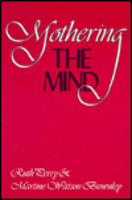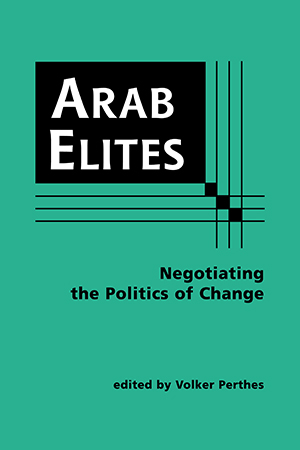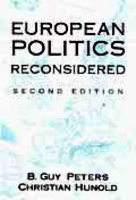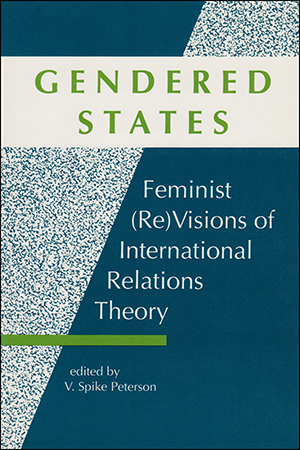BOOKS
Few would disagree that the nature of current relations between Mexico and the United States embodies both promising opportunities and reasons for alarm. The contributors to this timely book More >
The third edition of this historically and theoretically grounded analysis of the democratic experience in Latin America reflects important developments both in the region and in the More >
Choice Outstanding Academic Book! This is a book about the economic crisis that took hold of Brazil and the rest of Latin America in the 1980s, its political consequences, and the economic More >
Questioning whether public support for democracy can be sustained during periods of crisis, the authors examine the attachment to democratic values and institutions in Israel, a country More >
Why do well-educated young professionals engage in frequent and intensive drug use at dance clubs? And how do they protect themselves from drug-related illnesses and involvement with the More >
Recognized period specialists look at a wide variety of nurturing relationships between men and women, both sexual and platonic. Mothering is examined as a component of marriage and as a More >
The recent deaths of four long-term heads of state in the Arab world heralded important changes, as political power passed from one generation to the next. Shedding light on these changes, More >
Peters searches for themes about African self-identity by exploring images of the mask in the poetry of Senghor, the fiction of Achebe, and the drama of Soyinka. His focus is not on the mask More >
In this expanded, updated edition, the authors add a chapter on new structures of parliaments. They also reflect on recent developments in Germany since unification and reactions of most More >
While IR theorists are increasingly critical of neorealist assumptions about the state and the international system, few have explored the gendered construction of the state and its More >



